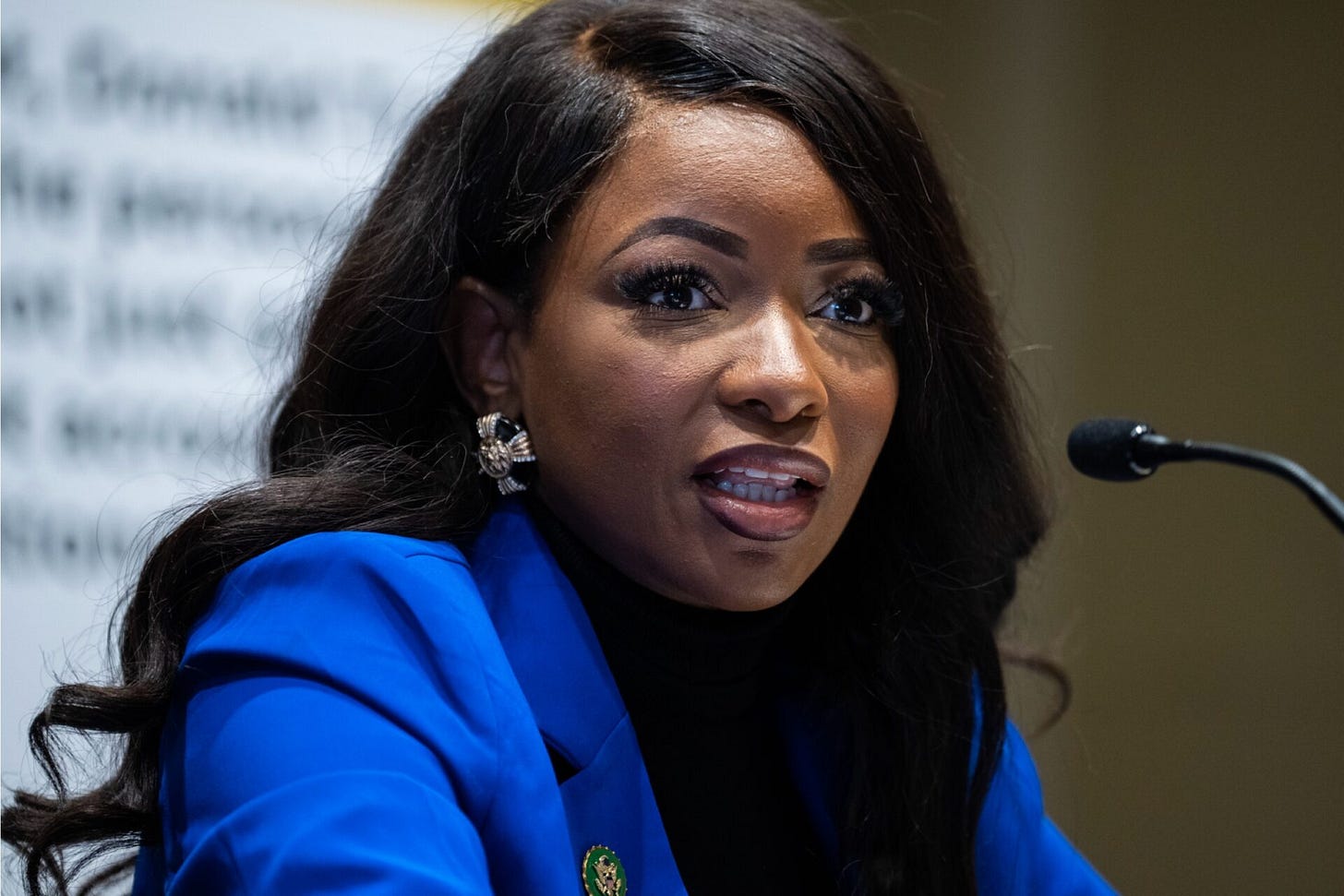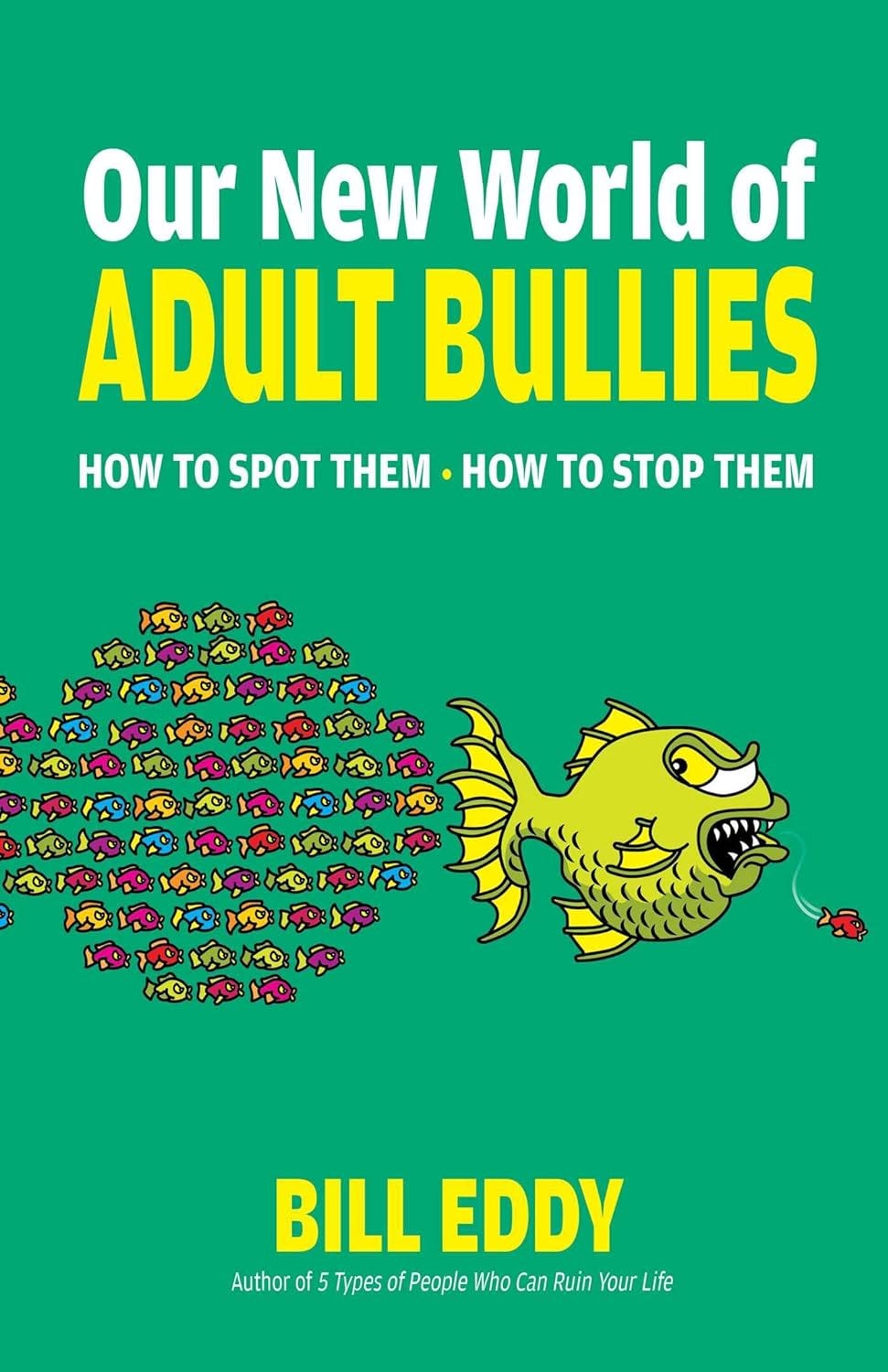MTG, Jasmine Crockett and AOC Altercation
Bill Eddy, co-founder and chief innovation officer at High Conflict Institute talks about the governmental leadership misbehavior on display

Wild communication attacks get started with negative emotion and escalate into return attacks and criticism. It’s attention-getting, especially when it’s viewed on television or published online for all to see.
What is supposed to be a respectful, professional, dignified culture isn’t always that, when the people in it struggle with heated emotions and giving into impulses.
Manners, ethics and professionalism quickly disappeared during a House Oversight Committee markup on holding Attorney General Merrick Garland in contempt. GOP Rep. Marjorie Taylor Greene and Democratic Rep. Alexandria Ocasio-Cortez argued about a comment Taylor Greene made about Rep. Jasmine Crockett (D-TX), reported Annie Grayer at CNN.
“As the panel met to consider the issue of contempt for Garland over his refusal to turn over audio recordings of President Joe Biden’s interview with special counsel Robert Hur, Greene sparked outrage when she commented on Crockett’s appearance,” Grayer wrote.
Crockett asked Taylor Greene, “Do you know what we’re here for?”
MTG, feeling triggered at what she felt was disrespect, barked back.
“I don’t think you know what you’re here for … I think your fake eyelashes are messing up what you’re reading,” she retorted.
Ocasio-Cortez was offended and spoke up assertively about it.
“That is absolutely unacceptable,” she declared. “How dare you attack the physical appearance of another person.”
MTG, ready for a fight, responded to Ocasio-Cortez: “Are your feelings hurt?”
AOC, not one to shy away from conflict, reacted too.
“Oh, girl. Baby girl,” she puffed. “Don’t even play.”
“Baby girl? I don’t think so,” MTG said dismissively.
Grayer reported that with AOC’s microphone still on, “she told her Democratic colleagues during a break that Greene’s ‘ego is bruised,’ adding, “she doesn’t want to say sorry to nobody for nothing. She is going to learn.’”
House Oversight Committee Chair James Comer stepped in to ask MTG if she would strike her words and when she agreed that she would, she had to bluster that’s all she would be doing:
“I’m not apologizing,” MTG flexed.
When she asked AOC to debate her and AOC declined, MTG asked why and the fight continued.
“I think it’s pretty self-evident,” AOC said.
MTG threw another dart into the proceedings.
“Yeah, you don’t have enough intelligence,” she claimed of AOC.
Crockett took a swing too.
“I’m just curious. Just to better understand your ruling. If someone on this committee then starts talking about somebody’s bleach-blonde, bad-built, butch-body, that would not be engaging in personalities, correct?” Crockett said.
In a later comment, Crockett accused MTG of having racist attitudes and actions.
Communication Intelligence goes deeper into this unprofessional exchange.
“This isn’t about normal conversations. It’s about bullying behavior and the 5-10% of adults who engage in it as a personality pattern,” says Bill Eddy, the co-founder and chief innovation officer at the High Conflict Institute.
“The first disrespectful statement made in the congressional committee by MTG was a personal attack on another person’s appearance, Crockett’s. Ninety percent of people don’t engage in personal attacks like this in public,” he says.
“In today’s world, the 5-10% who are bullies are getting a lot more attention and are therefore making it look like everyone is having a problem with disrespect, arrogance and aggression. But it isn’t everyone.”
Eddy speaks to why the ones that do engage in the practice often repeat it.
“Bullies tend to enjoy the attention they get, so there is no incentive to de-escalate or admit a communication error or apologize,” he points out.
He noticed an opportunity to slow down or put a halt to a back-and-forth that picked up negative momentum and derailed, if only temporarily, the purpose of the meeting.
“Ideally, such behavior should be immediately nipped in the bud by the meeting Chairperson using a method like the Respectful Meeting Policy that I describe in my new book ‘Our New World of Adult Bullies (June 11, 2024 release),’” Eddy says.
He summarizes the point of the book and advisory, saying that, “Essentially, ‘We don’t allow personal attacks here. If you continue, you will have to leave or I will have to end the meeting.’”
The correct action, while likely to be criticized in some circles, didn’t happen, resulting in more of unwanted behavior and upsetting others, who also acted unprofessionally.
“Unfortunately, in this case when the personal attack was made by MTG without being stopped, it left a space for the the target, Crockett, to make her own personal attack back,” Eddy says.
Her behavior was scrutinized too.
“Was she also a bully?” Eddy asked, rhetorically. “Her statement was a bullying, personal statement about MTG’s appearance. Responding this way is common for anyone who is personally attacked, so it’s hard to tell if she has a bully personality herself.
“However, if she was prepared for such a personal attack and had practice at not getting ‘emotionally hooked’ by a bully’s statement, she might not have responded in kind.”
He talks about a better path through the ugliness.
“It would have been better to ask the meeting Chairperson to intervene,” Eddy advised, explaining that, “Then, (Crockett) would have looked really reasonable.”
By not doing so, she invited — and took — some criticism lumps.
“Without such a ‘high road’ response, she now appears to be a bully as well,” Eddy opined. “Likewise, when AOC joined the fray, she made herself look like a bully too.”
Each person had the choice to communicate professionally and respectfully.
“Practice at not reacting to bullying statements or behavior might have kept this ‘conversation’ contained,” Eddy says. “For people with a bully personality, about half (of them) can be coached to stop such behavior and about half can’t change even with coaching, which suggests a personality disorder, because those are an enduring pattern’ of interpersonal dysfunctional behavior.”
In brief, repetition and development of a new competency could or would lead to improvement.
“Each person involved could practice over-riding their instinctive defensive response and demonstrate better impulse control, less attacking behavior and more emotional intelligence,” Eddy says.
Taylor Greene, Crockett and Ocasio-Cortez could speak privately and publicly to put this fight to rest and show character, not flexing to make amends and move forward by having done the right thing. Yes, unlikely, yet not impossible.
“What each person needs to do now is to change their future behavior by engaging in some practice sessions of restraining oneself from making or responding to personal attacks with responsible, thought-out comments or behavior,” Eddy recommends.
An uninspired “I’m sorry” would not solve problems.
“Apologies and public statements won’t change such behavior if they are personality-based patterns of behavior,” he says. “Only successful practice at behavior change will make a difference for them.”
There is an opportunity for the people in this vocal fight and story to impress.
“If MTG, Crockett and AOC are not ordinarily bullies, then they will be embarrassed by their own behavior and will privately and publicly apologize,” Eddy states.
“For people who aren’t bullies, this type of humiliating public incident and their apologies will be enough for them to cease such behavior in the future.
“We shall see if these three and Congress in general can restrain this behavior in the future or if this is the new normal.”
Thank you for reading this issue.
To become a subscriber of Communication Intelligence, the Newsletter, you can type in your preferred email address below:
Advertising: Contact me at comm.intel.newsletter@gmail.com and communicate your value offering for $400 for an attractive color ad in one issue, $600 for an ad in two issues (I can put two in one post) or $2,000 for a color ad placement in every new article for one month (usually six-to-eight issues).









